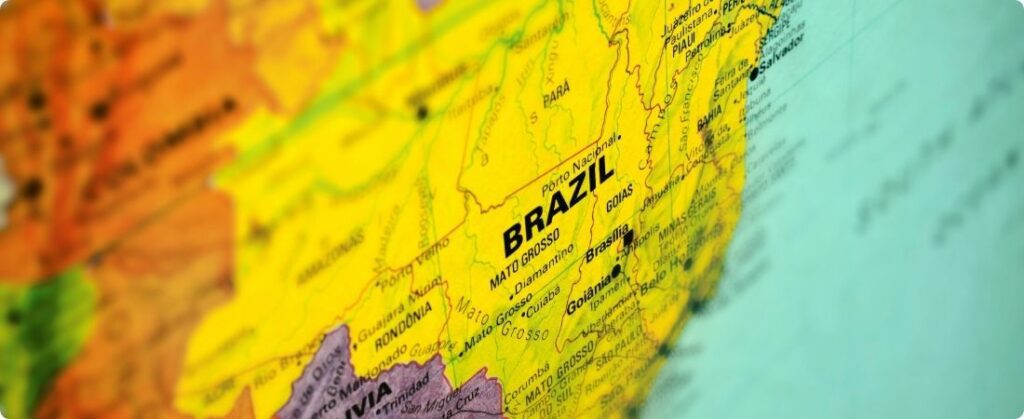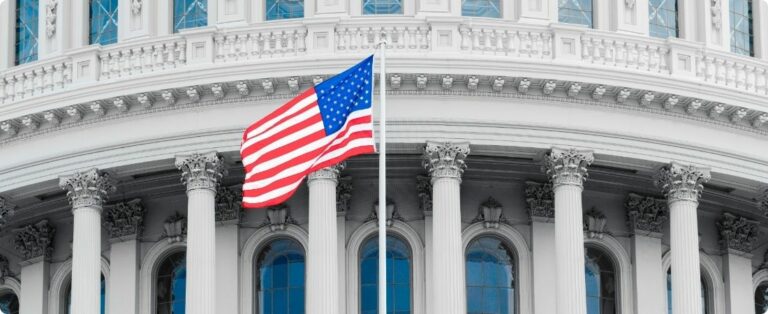
The historic agreement between Mercosur and the European Union (EU) was announced this Friday morning (6) by the leaders of both blocs, at a ceremony in Montevideo, Uruguay, during the 65th Mercosur Summit. Present were presidents of countries from the South American bloc, such as Javier Milei (Argentina), Luiz Inácio Lula da Silva (Brazil) and Santiago Peña (Paraguay), in addition to the host, Luis Lacalle Pou (Uruguay), as well as the President of the European Commission, Ursula Von der Leyen.
“This agreement is a victory for Europe. It will create enormous business opportunities,” said the European leader. She added that this is one of the largest trade alliances in the world.
Economic impacts of the agreement
Since 1999, Mercosur and the European Union (EU) have been working on the construction of a free trade agreement between the two blocs. And a recent study by Ipea (Institute of Applied Economic Research) indicates that the signing of an agreement with the magnitude announced on December 6 could promote growth of 0.46% in the Brazilian economy between 2024 and 2040 and also growth in investments of around 1.49%.
Furthermore, experts also point out that the union of the two economic blocs generates a market environment for more than 780 million consumers, as well as an intensified force of competition in the face of China's competitiveness and the fight against tariff threats from Donald Trump, who takes office as US president on January 20, 2025.
French Resistance and political repercussions
Despite the progress, the agreement, however, faces strong resistance in France. For example, farmers have registered new protests, even calling for “civil disobedience”. In addition, dissatisfaction is led by sectors that fear negative impacts for local farmers.
Meanwhile, French President Emmanuel Macron is also facing a turbulent domestic political landscape. On the other hand, parliamentarians from both the right and the left are demanding his resignation. In addition, Macron reportedly told Von der Leyen that the terms of the agreement are “unacceptable” and therefore reaffirmed his opposition to the pact.
Agreement negotiations
On December 6, during the LXV Mercosur Summit, the presidents officially announced the definitive conclusion of negotiations on the MERCOSUR-European Union Partnership Agreement. The agreement constitutes the largest bilateral free trade area in the world, involving economies that together total approximately US$1.4 trillion and a population of 718 million people.
The Brazilian coordination resumed the negotiation process in 2023 and held seven face-to-face rounds, all in Brasília. This agreement stands out for opening new trade and investment opportunities, without compromising the countries' ability to implement public policies in crucial areas, such as health, industrial development and innovation.
Sustainability and regional integration
The agreement also provides mechanisms to mitigate the impacts of unilateral measures that could harm Mercosur exports. In addition, the two blocs reinforce their commitments to sustainable development. They adopt a collaborative and balanced approach. Both recognize that it is necessary to face global challenges cooperatively.
Another important point is the strengthening of regional integration within Mercosur, consolidating the bloc as an efficient platform for inserting the economies of Brazil, Argentina, Paraguay and Uruguay into the global market.
The MERCOSUR-European Union Partnership Agreement goes beyond economic benefits. It reflects shared values between the blocs. Among these values, the defense of democracy, the promotion of human rights, the preservation of peace and the commitment to sustainability stand out. The pact also establishes spaces for dialogue that will allow greater coordination on issues of common interest, strengthening political and social cooperation between the regions.
Source: Carla Mendes | Notícias Agrícolas















